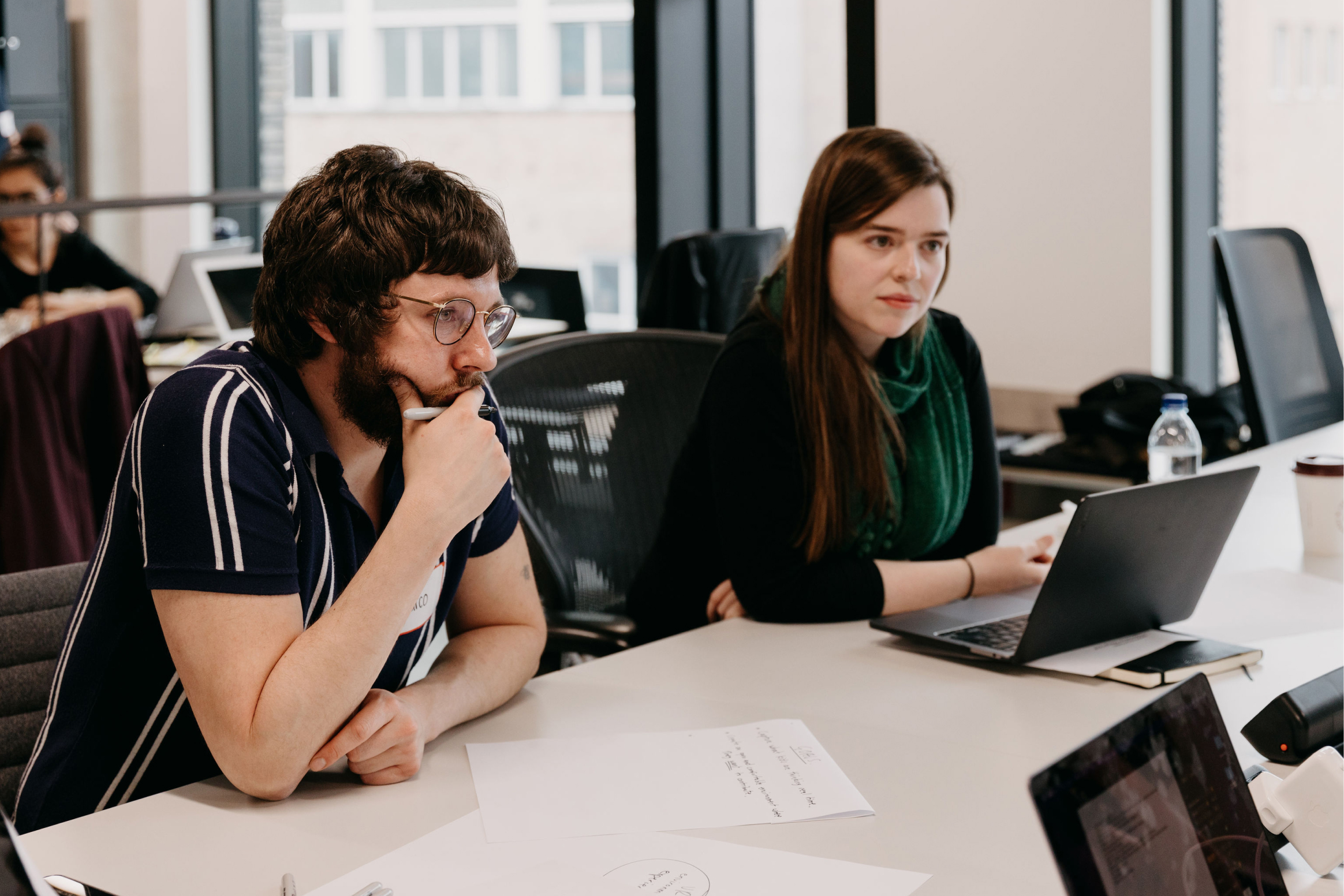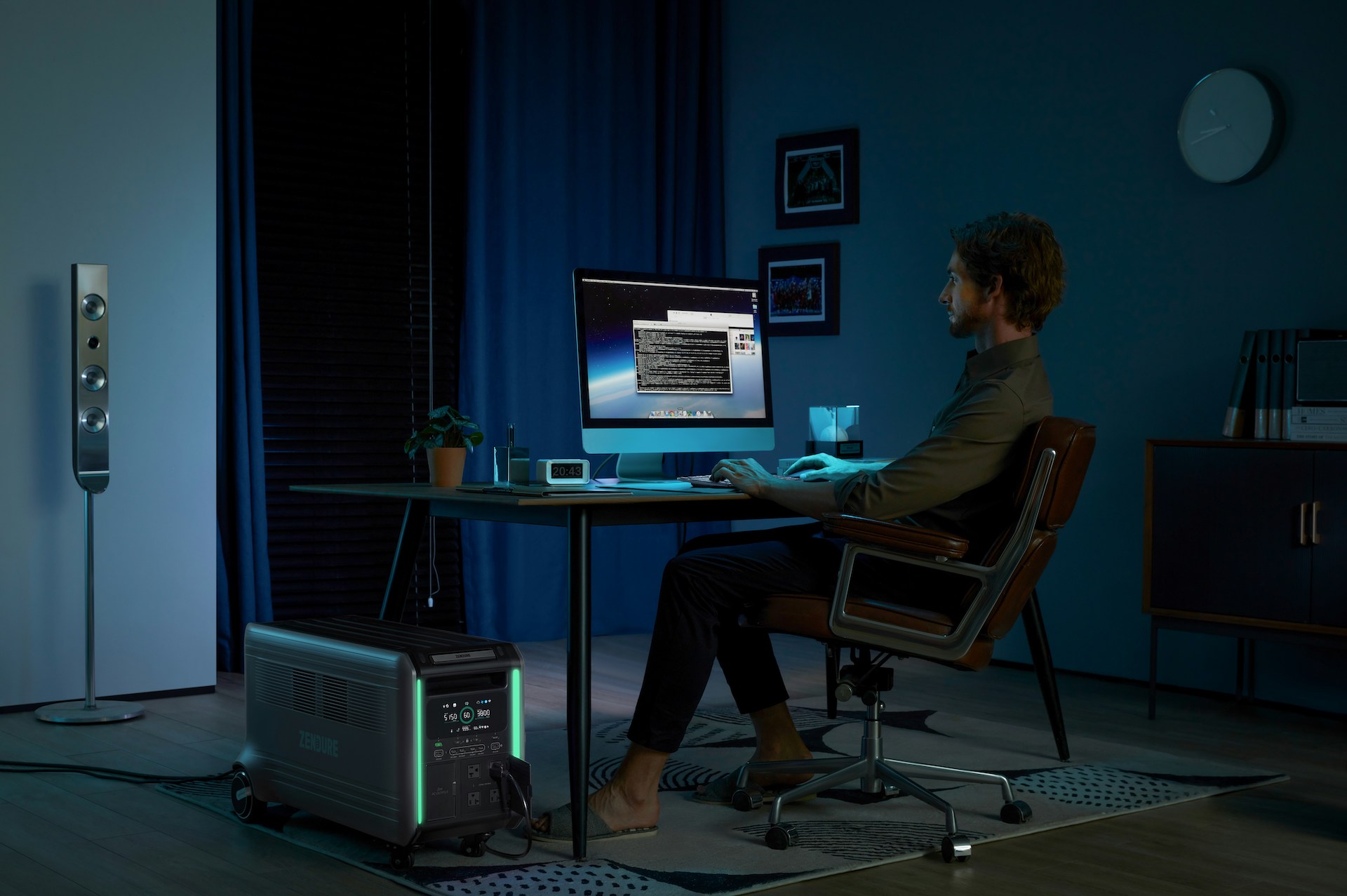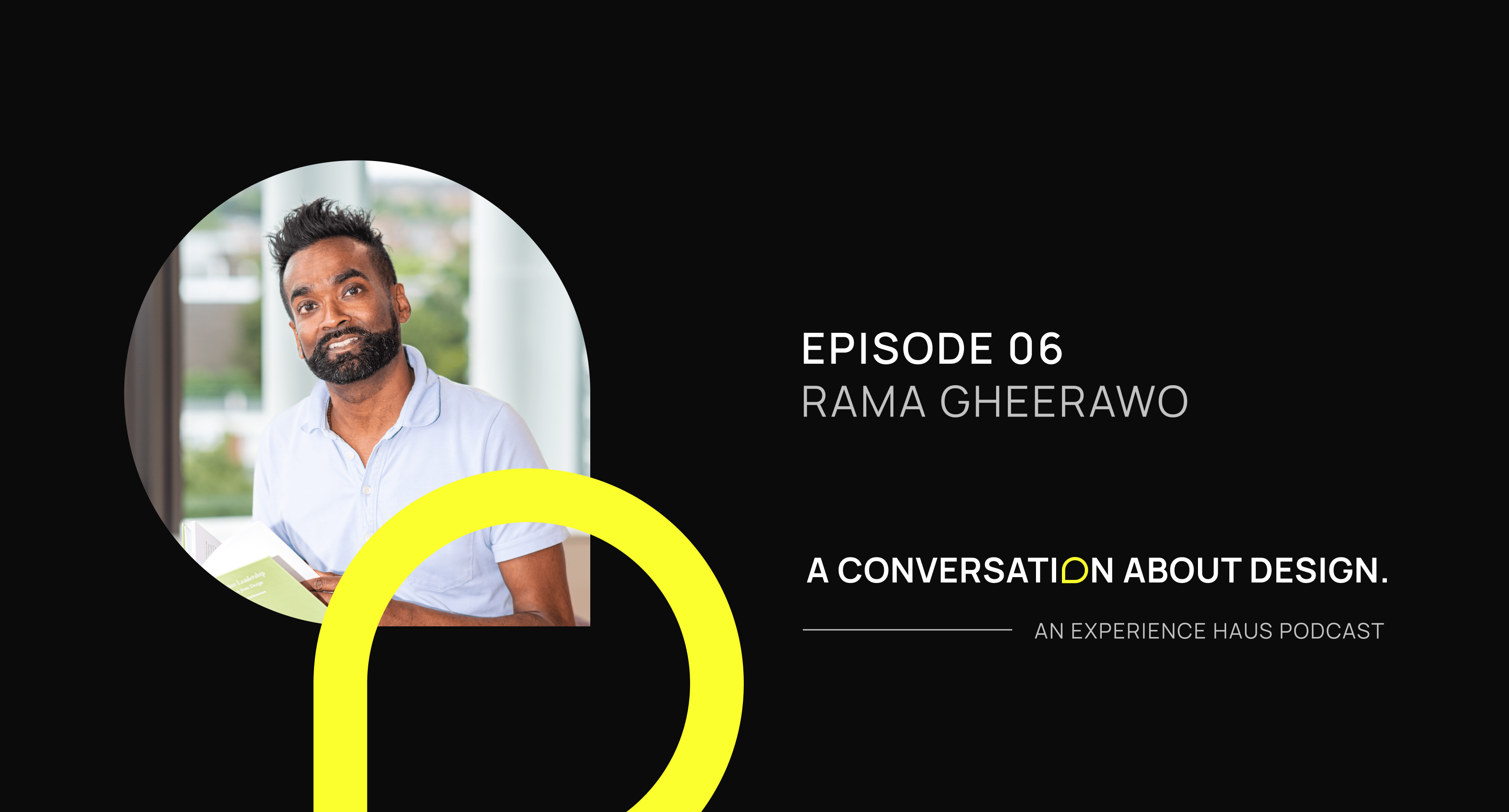Design Your Future: The Benefits of a Design Bootcamp
As the user experience design field continues to grow in popularity and demand, there’s never been a better time to pursue the passion for design and launch a career in this exciting and dynamic field. But those who are looking to pivot into this line of work are often faced with a decision that will shape the trajectory of their career path – what are the best study options?
On one hand, there is the traditional route of going back to university and pursuing a design degree, while on the other hand, there is the alternative of attending a highly immersive design bootcamp (usually around 10-16 weeks long) Both have their pros and cons, but which one is the right choice?
Design bootcamps, like our UX/UI Career Development Bootcamp here at Experience Haus, have become a relevantly recent phenomenon in the design world, offering a compressed and focused curriculum that is designed to get students job-ready in a matter of months. This, of course, is appealing to many, but also raises a very important question: is it possible to master the art and science of design in such a short period of time?

On the other hand, a traditional design degree offers a more comprehensive education, allowing you to delve into important foundations and theory of design, as well as the technical skills required to become a successful designer. But is a degree necessary in an industry that is constantly evolving and changing? Will you get exposure to real-life challenges and scenarios?
Self-studying and taking a series of short courses can of course be a viable option for designers who are highly motivated and able to set their own learning pace. However, it’s important to be realistic about the level of dedication and discipline required to self-teach, as well as the rigor required to find finding structured learning resources and opportunities for hands-on experience. Nonetheless, there is a path to a UX career with this option that cannot and should not be ignored.
As any new designers contemplate the decision of which path to take,, it’s important to keep in mind that design is more than just a skill or a trade. It is a mindset, a way of thinking that allows you to solve problems and create impactful solutions in the world. So, the question becomes: can a design bootcamp provide you with this mindset and perspective, or is it only gained through years of dedicated study and practice?

In the end, the choice between a design bootcamp and other options comes down to personal preference and career goals, and of course the practicalities. If motivation is high, and there is a desire to enter the design industry as quickly as possible, a design bootcamp may be the right choice.
So does this sound like something you are currently contemplating? What exactly makes design bootcamps such a valuable resource for aspiring designer like yourself? Let’s take a closer look:
- Fast-track entry into the design industry: With a design bootcamp, you can get a head start on your career and start making a name for yourself in the design world. This is a great option for young designers who are eager to get started and make their mark in the industry.
- Compact and focused curriculum that provides job-ready skills: Design bootcamps are designed with a single goal in mind: to get you job-ready as quickly as possible. The focused curriculum is tailored to meet the needs of the industry, ensuring that you learn the skills that are most in demand and have the best chances of success.
- Networking Opportunities: Design bootcamps provide students with opportunities to network with peers, instructors, and industry professionals. This can lead to job opportunities, mentorship, and collaborations that can enhance students’ careers.
- Career Support: Many design bootcamps provide job placement and career support services to their graduates. This can include job search strategies, interview preparation, resume building, and more. This support can be crucial for students looking to transition into the design industry.
- Cost-Effective: Compared to traditional design programs, design bootcamps are much more cost-effective. This makes them accessible to a wider range of people and provides an excellent return on investment for students who are looking to build a career in design.
Regardless of your choice, remember that design (especially when in it as a career) is a lifelong journey. Whether you attend a design bootcamp, self-teach, or go back and pursue a design degree, you will always be learning, growing, and pushing the boundaries of what is possible. So, embrace the challenge and trust your instincts. The right path will become clear as you continue to pursue your passion for creativity and design. The path taken will also depend on personal learning styles and career goals.
Design bootcamps offer a structured learning environment and hands-on experience, while self-studying and taking a series of short courses may be a good option for those who are highly motivated and able to set their own learning pace.
Regardless of the path you choose, the important thing is to pursue your passion for design and continue to develop your skills, knowledge, and experience in this fast-paced field.




